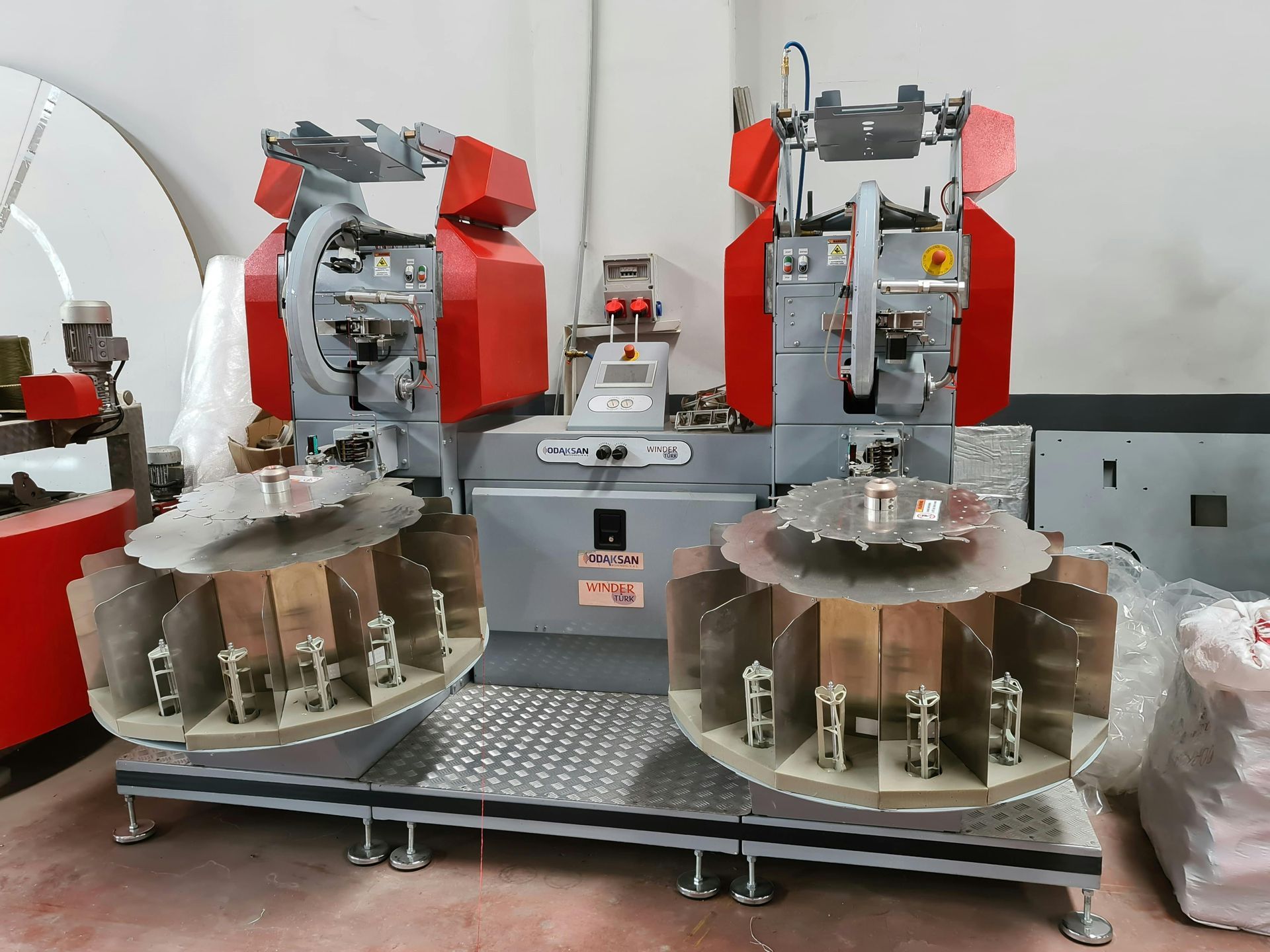7 tips to building wealth in the current economic climate
Clarke McEwan Accountants

We live in an interesting world, don't we? Particularly if you're an investor.
Every time the world's economic woes seem to have sorted themselves out, or we think Australia's economy is on the move again or we feel Australia's property markets seem to be steaming along nicely, a new set of challenges pop up for us as investors.
Some of them come from overseas – things like trade wars, terrorism and financial woes.
And some are new problems – back home. Things like concerns about what the future holds for Australia's economy, talk of impending recession, unemployment, banks' tighter lending criteria and our property markets gyrations. All this means is there is a heightened level of uncertainty about what the future holds.
After 2 years of falling property values around Australia, it looks like our markets are bottoming out – but that doesn't mean there's a property boom around the corner.
There's the likelihood of uncertainty ahead for some time yet, so I'd like to share 7 tips for building wealth in the current "interesting" economic times. You see, in my experience, times of economic change always create opportunities.
So what should an investor do?
1. Risk comes from not knowing what you're doing, so pay the price to learn what you're doing!
Sounds obvious I know, but many investors commit hundreds of thousands of dollars to buy a property yet have gained their property investment knowledge from attending a one day seminar or reading a book.
The first step for most investors should be to invest in themselves.
Invest in their knowledge. Get a mentor ... BUT be careful who you learn from. Just like in previous property cycles, currently there is a swag of new property gurus willing to take your money to teach you their new found knowledge.
Instead find a teacher who has achieved what you want to achieve, has invested through a number of cycles and has kept their wealth.
If your property investment mentor hasn't had some challenges and failures along the way, they probably haven't tried hard enough.
2. Adhere to a proven strategy
Most property investors don't have a plan or a proven strategy to adhere to.
In fact they spend more time planning where they're going to holiday than they do planning their financial future.
If you don't have an investment strategy to keep you focused, how can you hope to develop financial independence?
Adhering to a proven investment system will give you more predictable results, and will help you make more consistent and less emotional decisions.
Let's face it…it's too easy to get distracted by all the "opportunities" that keep cropping up.
Unfortunately many of these supposed opportunities don't work out as expected.
Look at many of the investors who bought off the plan or in the next "hot spot" or in mining towns, only to see the value of their properties under perform.
3. If you're the smartest person in your team, you're in trouble.
Successful investors surround themselves with a good team. This may consist of a property accountant, a proficient finance broker, a lawyer and a property strategist.
However, you must become your own most trusted investment advisor-no one can do it all for you.
Too many investors make the monumental mistake of thinking that success is a matter of choosing the right investment advisor to handle their wealth.
It costs them dearly!
No one-no one-will be able to manage your wealth like you can.
Yes, you need good advisors, but you need to have the sophistication to filter and use the best of your advisors.
This means you've got to invest the time, energy and money to master the skill of managing your own net worth.
4. Have Financial Buffers in Place
Smart investors don't only buy properties; they buy time to help them ride through the ups and downs of the property cycle. Recession Australia note money economy squeeze tighten save saving budget cut
After all…one thing that is certain about the times ahead is that there will be uncertainty.
Over the next few years we'll have some good times and some bad.
Some further periods of low interest rates and then they'll rise (possibly considerably).
We'll have some boom times and we'll probably have another recession one day.
Savvy investors will protect themselves by having financial buffers in place to see themselves through the difficult times.
5. Sometimes it's best to do nothing.
A great quote from Warren Buffett is:
"The trick is, when there is nothing to do – do nothing."
Yet many investors get itchy feet and want to do more, put another deal together or buy another property.
There are stages in the property cycle and times in your investment journey when it is best to sit back and wait for the right opportunities because wealth is the transfer of money from the impatient to the patient.
6. Become an expert
Successful investors specialise. That's how they become successful.
They find something they are good at and do it over and over again, rather than moving on to the "next shiny toy".
Do you know a specific area and have a network of contacts that gives you information advantages?
Of course if you are investing in publicly traded securities you have to be wary of trading on "insider information", that is information that is not publicly available.
Which is one of the reasons I like investing in property; since not only do I get paid for my "insider information", but it is totally ethical and legal to trade on this privileged information!
Seek out your advantages?
What contacts, expertise, and experience do you have that you can leverage?
7. Treat your property investments like a business
Investing is a serious business and if done correctly can, over time, replace your personal exertion income.
I've seen some property investors, those who treat their investments like a business, become very, very rich by growing a multi-million dollar investment property portfolio.
They do this understanding "the system" and getting the right type of finance, setting up the correct ownership and asset protection structures and knowing how to legally use the taxation system to their advantage.
They also hold themselves accountable for their own success.
Here's a bonus tip…
If history repeats itself, and it most likely will, most people who get involved in property investment will not become financially independent.
Many will buy the wrong property or at the wrong time or in the wrong location.
Even as the property cycle moves into the next phase, most properties will not be investment grade.
However if you have a system, a great team of advisors, your finances organised and the right knowledge, now could be a great opportunity to buy good properties that will appreciate in value over the long term.
In fact, now is the best time to buy counter cyclically in a decade or more.
You only get a chance to buy Sydney property 15% below what it used to cost, once or twice in your lifetime!
You only get a chance to buy Melbourne property 10% below what it used to cost, once or twice in your lifetime!
So I hope you put these 7 tips to great use in your financial life.







